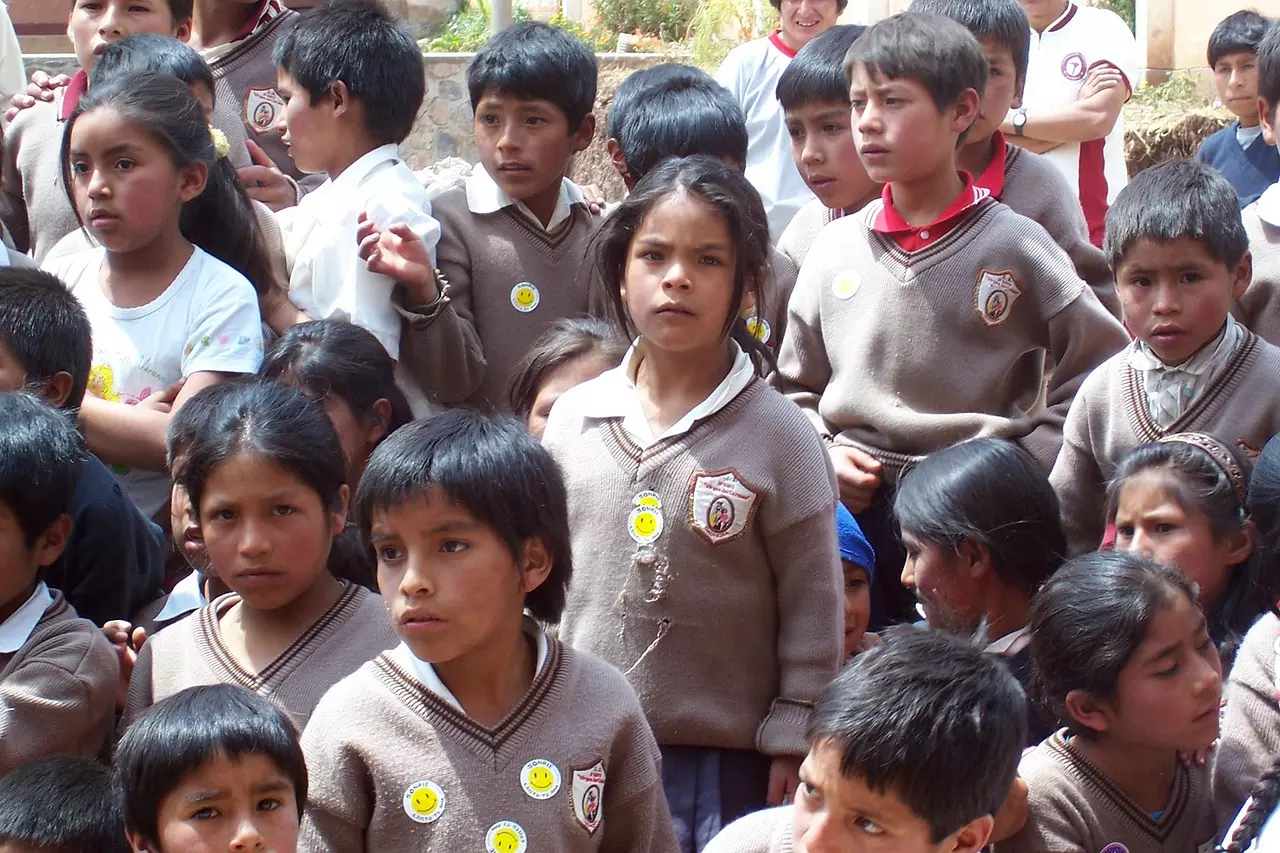
How Karnataka arrived upon formula to offer reservation to orphans
State studies models adopted by Telangana, Maharashtra and Uttarakhand

In what is being viewed as a progressive move, a few state governments have finally come forward to recognise that orphans form a disadvantaged section of society, and need to be given reservations in education and employment.
The most recent state to adopt this key social change is Karnataka. It became the fourth state to do so, after Telangana, Maharashtra and Uttarakhand.
The Siddaramaiah government in the state recently accepted the recommendations made by the Karnataka State Commission for Backward Classes (KSCBC), to extend 1 per cent reservation for orphans in the areas of education and employment. According to the recommendation, the reservation will be extended to orphans under category 1. (In Karnataka, reservation category 1 is 4 per cent.)
According to a report submitted by KSCBC to the government, there are 5,280 orphans who are living in 150 registered centres across the state. Of these, there are 120 children whose religion is not known and 635 children have lost both their parents. Ballari district records the highest number of orphans with 433, and Bengaluru Rural district records the lowest with 19 orphans.
Reservation under MBC
The commission has recommended that the government consider orphans under the 'Most Backward Class' section. Presently, they are considered under the general category. The commission has further suggested that the government issue an orphan certificate to those who have no parents and relatives. The certificate will facilitate them to claim reservation in education and employment.
Speaking to The Federal, the chairman KSCBC, K Jayaprakash Hegde, said: “The government accepted the report in letter and spirit and I hope a gazette notification will be issued shortly in this regard.”
According to the report, ‘orphan’ refers to a child who has no living biological or adoptive parents or legal guardian, or whose legal guardian is not willing to take or capable of taking care of the child. The state's Directorate of Child Protection has been authorised to issue certificates to orphans under Annexures ‘A’ and ‘B’.
After issuing a gazette notification to effect the recommendations of the commission, Karnataka will become the fourth state in the country to have reservations for orphans.
Hegde said that “carving out reservation for orphans, will help them to successfully meet the various vicissitudes of their life. If every state government focuses on empowering this minuscule minor section of the society, orphans need not feel left out henceforth and they will become part of the mainstream”.
How other states are handling orphans
It is important to note that the National Commission for Backward Classes (NCBC) passed a resolution in September 2016 to accord 27 per cent reservation along with OBCs for destitute orphaned children from general categories in government schools and jobs. The resolution noted that “those children, who have lost their both parents and are below the age of 10 should be included in the OBC list and are eligible for reservation at par with all OBC castes”.
Tamil Nadu has already given reservation to destitute orphaned children under the state OBC list. Kerala State Commission for Backward Classes headed by Justice G Sasidharan recommended 2 per cent reservation for orphans and destitute children, who have lost their parents before the age of 10, for employment in the Kerala government.
Telangana Chief Minister K Chandrashekar Rao had promised that orphaned children in the state would be recognised as ‘State Children’ in 2015. Following this, orphans are being included in the BC(A) category in the state, and orders to this were effected in 2016. The Telangana government has introduced a comprehensive law aimed at providing better living conditions to orphans in the state.
The Maharashtra government announced a 1 per cent quota for orphans in education and government jobs in April 2023. It has issued an order providing reservations for children who have lost both parents before turning 18. The policy was formulated in 2018, but could not be implemented owing to technical difficulties which were subsequently addressed.
In April 2022, the Uttarakhand government extended 5 per cent horizontal reservation under the unreserved category in government and non-government services for orphan students who do not know their caste. According to reports, as many as 1,000 children will benefit from the decision of the government.
Members of the Karnataka State Backward Class Commission visited all these statesto study their models. They also visited all the orphanages across Karnataka and studied their conditions and the plight of orphans, before submitting a report.
Affirmative action for orphans
The Concerned for Working Children (CWC), a not-for-profit secular democratic development forum, is all praise for the government’s move to extend reservation to orphans. Kavita Ratna, Director, CWC, told The Federal such an affirmative action would most certainly provide orphans a helping hand, a pathway to realise some of their aspirations and an urgently needed scaffolding for them to build their lives.
She said, “In our communities, children and young people who are orphaned are among the most vulnerable - economically, emotionally, socially, and aspirationally. We saw this most starkly post-COVID. With very few exceptions most of these young people lack the presence of strong parental figures, their guidance, and unstinting support. This void is manifested in so many deeply distressing ways in their lives. Finally, governments across the country woke up and addressed an important societal issue and Karnataka followed suit.”

